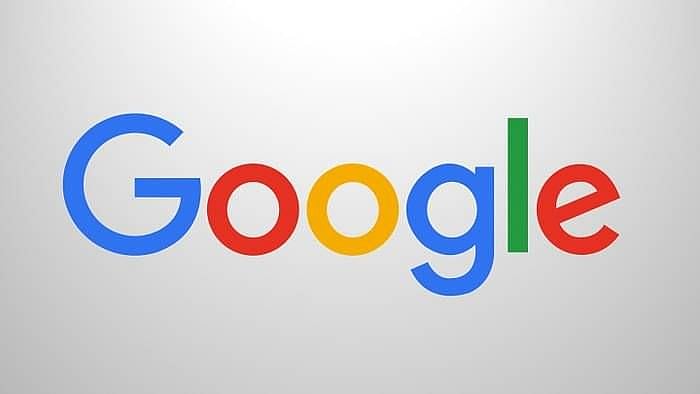Won’t Track Individuals as They Browse: Google
Google Chrome last year announced its intent to remove support for third-party cookies.

advertisement
Google on Wednesday, 3 March announced on its official blog that it is working on phasing out third-party cookies from Chrome. It said once third-party cookies are phased out from its platforms, it will not build alternate identifiers to track individuals as they browse across the web, nor will it use them in its products.
It said that data gathering through third-party cookies ‘has led to an erosion of trust’ among its users. It further mentions that, “72 percent people feel that almost all of what they do online is being tracked by advertisers, technology firms or other companies, and 81 percent say that the potential risks they face because of data collection outweighs the benefits, according to a study by Pew Research Center.”
Previously, Apple Safari and Mozilla Firefox blocked third-party cookies and Google aims to do the same with Chrome. The cookies allow advertisers to track you as you move between various websites.
Google said that advertisers don't need to track individual consumers across the web to get the performance benefits of digital advertising.
"Our web products will be powered by privacy-preserving APIs, which prevent individual tracking while still delivering results for advertisers and publishers," Temkin said.
American search engine said that it will continue to support first-party relationships on our ad platforms for partners, in which they have direct connections with their own customers.
(With inputs from IANS)